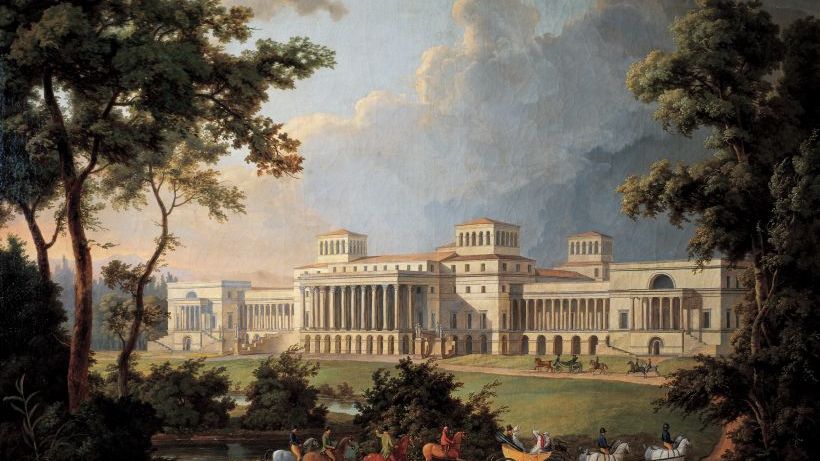Schubert’s Third Symphony: Effortless Music from a Miraculous Year
1815 has been called Franz Schubert’s “miracle year.” In those twelve months, while working as a full-time schoolteacher, the 18-year-old composer wrote more than 20,000 bars of music. Among other works, he completed two symphonies (Nos. 2 and 3), two masses, a string quartet, two piano sonatas, and 145 songs (including the famous Erlkönig). Schubert’s biweekly composition lessons with Antonio Salieri during this period remind us that, even for the most intuitive …







